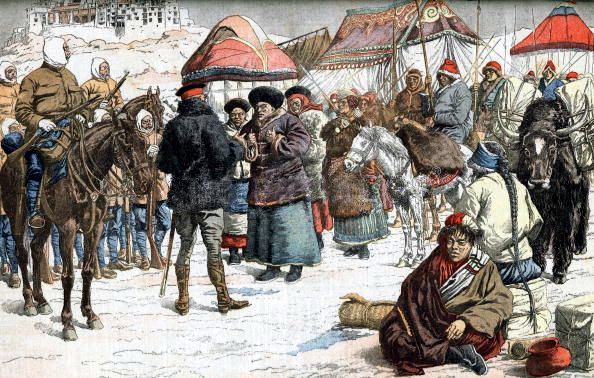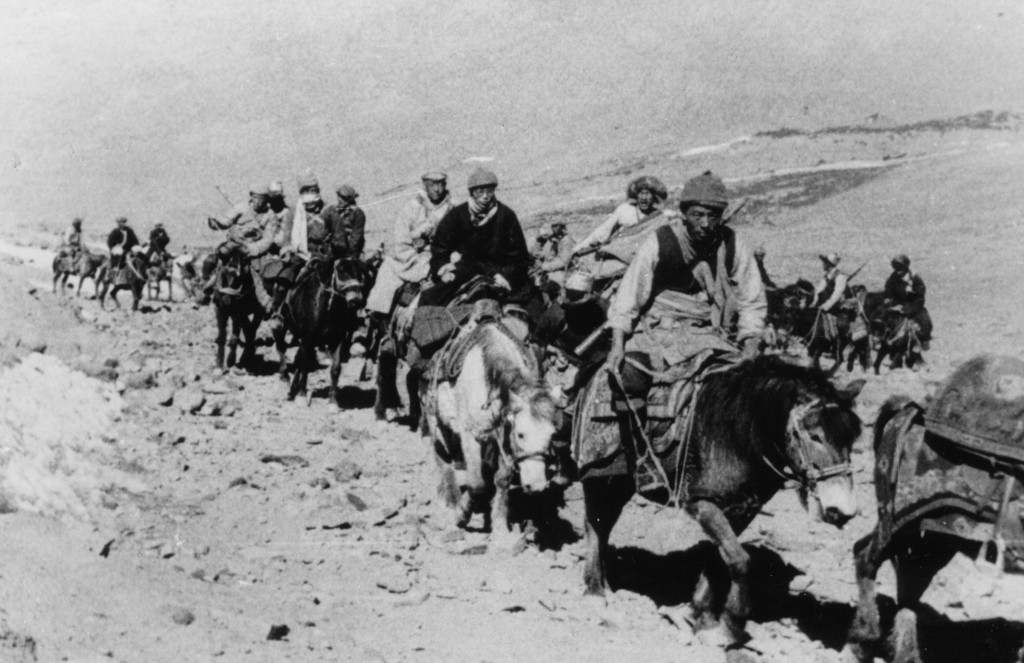Reference



OpenAI's Answer
The role of the Chinese ambans in Samuel Davis' mission to Tibet was significant, albeit somewhat contentious. Samuel Davis, an orientalist part of the British mission to Bhutan and Tibet led by George Bogle in the late 18th century, faced substantial resistance during his mission. Specifically, the Chinese ambans, who were the de facto authorities in Tibet due to their supervisory role over local administration under Qing dynasty rule, viewed his "scientific" profession with considerable suspicion.
The ambans were essentially high-ranking Chinese officials stationed in Tibet. They played a crucial administrative and supervisory role, ensuring that the Tibetan government operated in alignment with broader Qing imperatives. Their suspicion towards Davis likely stemmed from a general wariness of foreign incursions and their potential to disrupt Qing authority or influence in the region.
For further details, you can refer to this Wikipedia page on Samuel Davis.
Additionally, an image related to the historical interactions involving Chinese ambans and foreign missions can be insightful:

This illustrates the geopolitical complexities and territorial claims in that era, shedding light on why ambans might have been particularly wary of foreign missions like that of Davis.